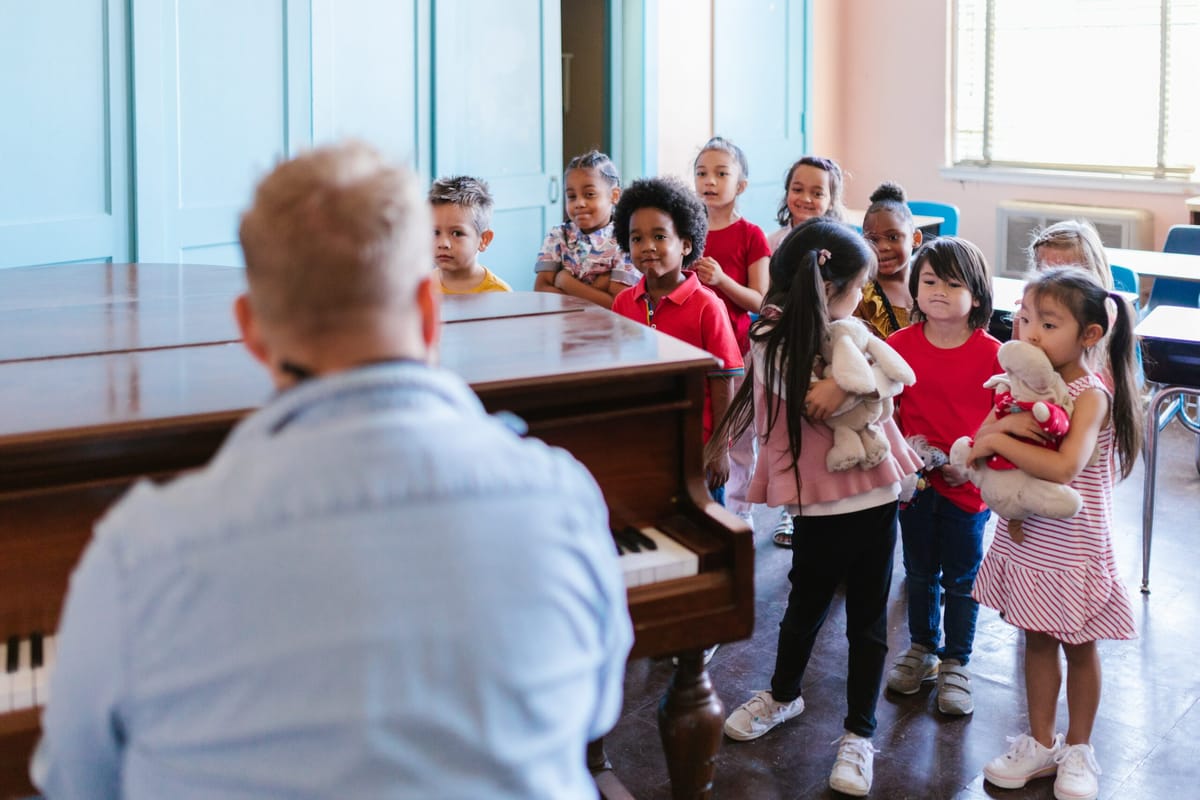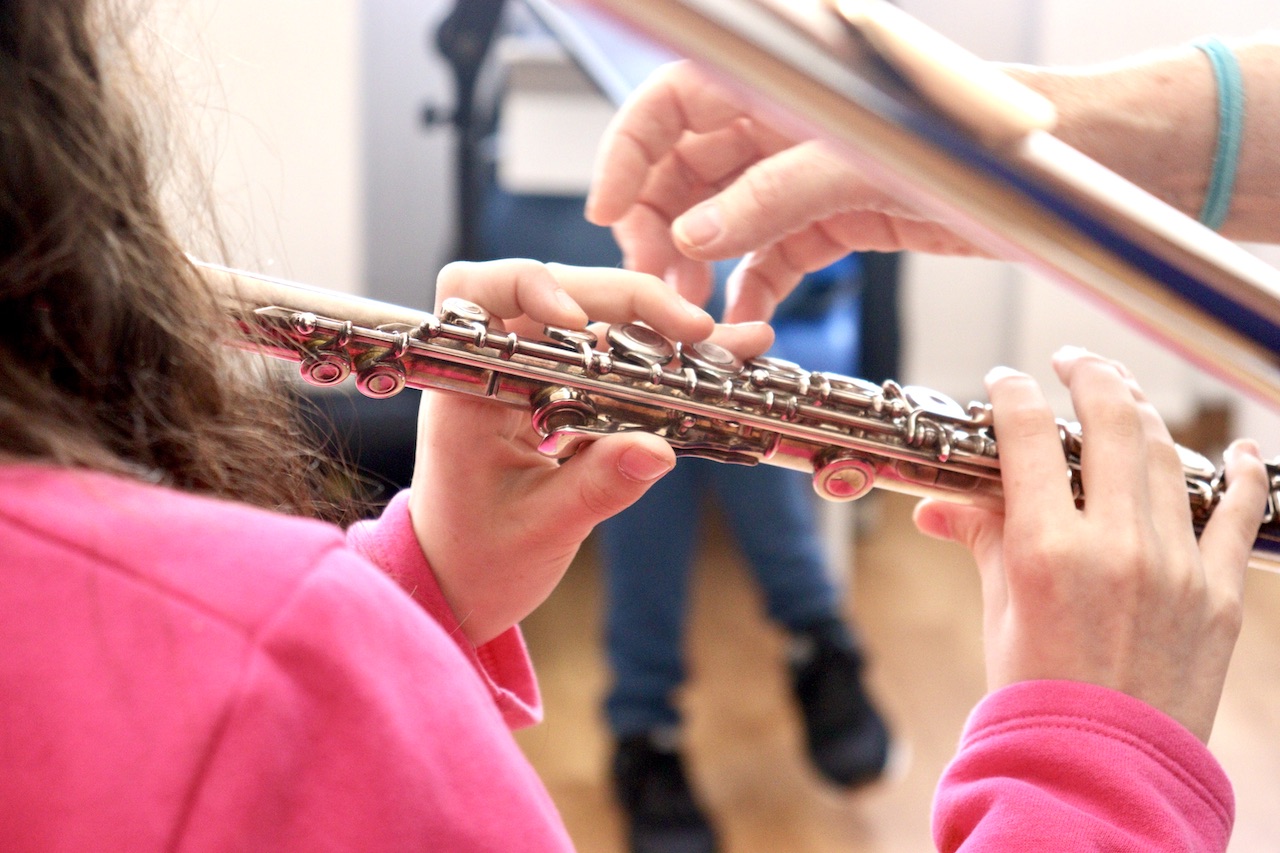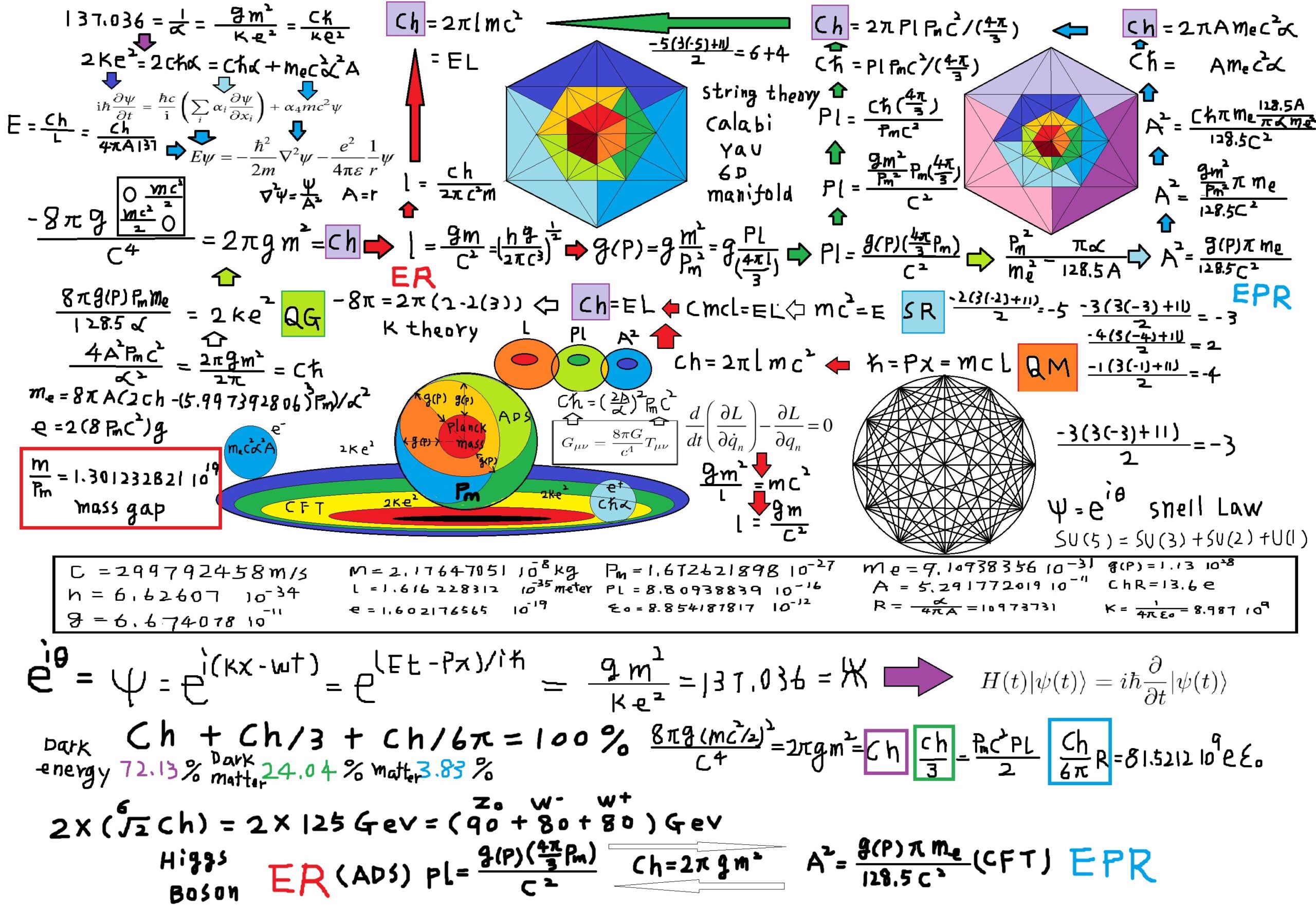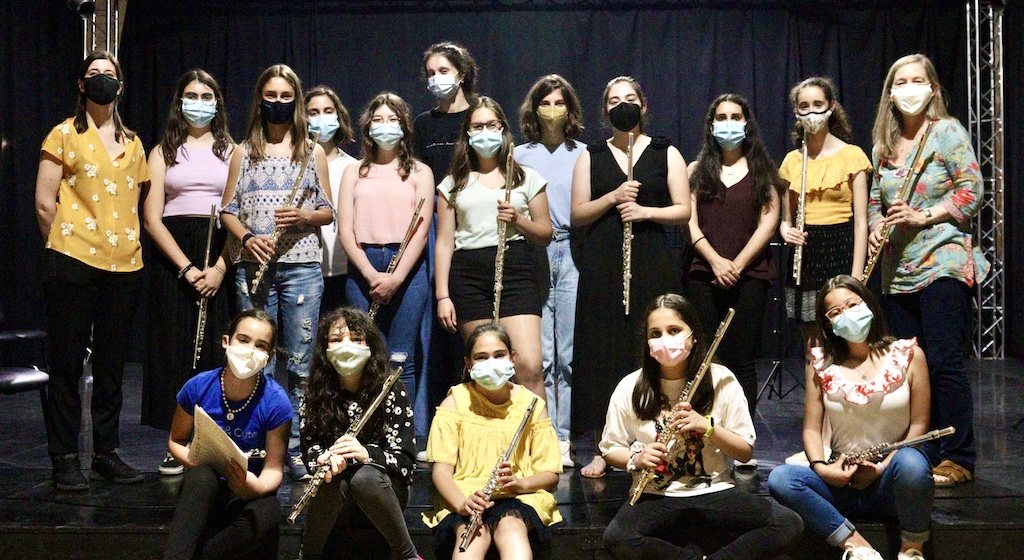The Joy of Learning to Play Music, Part I

A four-part series of reflections on the pleasures and paradoxes of learning to sing or play an instrument. For parents, musicians, and would-be musicians of all ages.
Why Bother? It is said to require ten thousand hours of practice to master an instrument. TEN THOUSAND HOURS? Are you kidding me? That’s about three hours a day for… ten years! Can’t I just push a button and listen? Isn’t this article about joy, not work?
The answers are:
10,000 hours? – Yes, to become a master
Kidding? – No
Just listen? – Yes, but…you’ll be missing out
Joy? – Absolutely, read on!

The point is that learning to play music will create a magical space in your life or in your child’s life. And the pleasures, the rewards, and the joy of the process of learning don’t require mastery, you only need to begin, have fun, and as the Brits say, “carry on”.
Looking back in time, the importance of music has been acknowledged since the days of the ancient Greek philosophers. Pythagoras and others saw parallels between the mathematical proportions of music and the movements of celestial bodies, and they believed music has the power to influence human behaviour. Music was seen to be aligned with the universe and a catalyst for virtuous living.
Pythagoras stated:
“There is geometry in the humming of the strings, there is music in the spacing of the spheres.”
Jumping ahead some 2500 years, modern science has, if anything, confirmed the broader idea of these ancient beliefs. Albert Einstein wrote: “Everything in life is vibration”. Michio Kaku, the physicist who co-founded string field theory stated that “the universe is a symphony of vibrating strings.” Don’t ask me to explain the theory, but in short, nothing is matter, everything—like music—is vibration.

And while we may not play Bach in prisons expecting immediate reform, parents-to-be are often encouraged to play Mozart for their yet-unborn children. This can only be a modern expression of the belief that music has the power to improve us.
While all this is abstractly encouraging, I believe that learning to play music has the power to improve our days and bring us happiness.
The key to this is paradoxical. Viktor Frankl wrote in his moving memoir “Man’s Search for Meaning”:
“For success, like happiness, cannot be pursued, it must ensue, and it only does so as the unintended side effect of one’s personal dedication to a cause greater than oneself.”
While modern culture insists happiness will come from achieving results, owning the right things, or partaking in certain events, we humans are deeply compelled to reach for more—not necessarily to obtain it. We have a deep need to follow our curiosity, to search on and on; the act of reaching, following, or searching is what ultimately gives us satisfaction.
You might ask whether music is “a cause greater than oneself”; I would reply that music expresses otherwise inexpressible emotions and that in doing so, heals the soul. In his 1752 treatise, the flutist-composer Johann Joaquim Quantz wrote about a recently-invented flute-playing machine:
“A musical machine could be constructed that could play certain pieces with a speed and precision so remarkable that no human being could match it either with his fingers or his tongue, To be sure, it would amaze you, but it would never move you.”
Two centuries later, Jason Farago of the New York Times writes:
“The function of art, Aristotle told us, is catharsis. … a cleansing, a clarity, a feeling of relief and understanding that you carry with you out of the theater or the concert hall. Art, music, drama … are instruments of psychic and social health.”
In this series of articles, I argue that even more than listening to music, playing music interweaves a complex array of our human capacities: the physical, mental, emotional, and spiritual; social connection but also individuality and self-expression; the ability to embrace novelty, tedium, repetition, precision, improvisation, and imitation.
Many of these capacities are typically seen as opposites, for example, group functioning and self-expression. Yet musicians must constantly balance these opposites, or move adroitly from one mode to another. Devoting oneself to such a complex and integrative activity regularly over many years can lead to formidable flexibility of thought or action.
I believe that this work is of immense value to everyone, including those who begin playing or continue playing as adults, even though certain benefits are particularly worth mentioning with respect to children.
Recent research confirms the common notion that music education improves math skills and spatial reasoning. Many aspects of music such as rhythm, notation, and harmony are extremely mathematical in nature, and the earlier music education begins, the greater its effect. Other benefits, perhaps less commonly recognised, seem important to me in the context of our modern culture: developing physical coordination, discovering the value of consistent work over a long time period, affirmation of the uniqueness of each child, and an opening up of our imagination.
In this age of digital everything, learning to sing or play an instrument requires a level of physical coordination that children are developing less and less. Physical inactivity and lack of coordination certainly cannot bode well for our children’s future. While music is different from sport, it nonetheless requires immense physical skill which, unlike many sports, can be sustained over a lifetime.
In our consumerist culture, learning to “carry on” and delay gratification can be an uphill battle. Parents and teachers may extoll these abilities, but in the world-at-large, let’s call it “Instagram-land”, speed and superficiality are the currency of the day. Instant success—or the appearance of it—is highly desired. In this context, becoming a capable musician will mark a turning point in the child’s life: he or she will experience the power of focused work over time. And this insight—even if not explicitly acknowledged—will inform all future pursuits.
Many of the musicians in my college’s orchestra were “pre-meds”, and I jokingly referred to the group as the “Junior Doctor’s Orchestra of Los Angeles” (there was and still is a real Doctor’s Orchestra of L.A.). Now I know why: not only were our families supportive of the years of study required to learn both music and medicine, but we had acquired confidence in our capacity to persevere and overcome obstacles.
This revelation is not limited to college students. In Berlin’s Tegel Prison, inmates recently performed a version of Beethoven’s opera “Fidelio”, and one inmate said of his experience:
“When we started, I thought, ‘How can I possibly learn all these lines?’ And then through practicing every day I was shocked. I can do it!”
Another benefit of playing music is that performance affords every child an opportunity to be “seen” and appreciated as a unique person. If five young pianists play the same Bach Minuet, each performance will be different, reflecting the particular character of the performer.
In one of the most-viewed TED Talks of all time, Sir Kenneth Robinson pointed out that in any society that prioritises the quantifiable attributes of a child for reasons of expediency—he gives the example of grouping children in school by birth year rather than by their traits or interests—music lessons and other “extracurriculars” are extremely important for the self-validation they provide students. At the same time, music can provide a profoundly important experience of group-belonging and non-competitive collaboration.
Lastly, by opening up our imagination, music helps us to explore our shared humanity with people from far-away places and remote times. Playing Handel, we gain some insight into 18th-Century rationalism, order, and balance. Playing Bartok, we feel the expressive depth of folk-music even as it “feeds” the most modern of idioms. Playing Shostakovich, we encounter existential doubt, irony, sarcasm, and bitterness, yet also the deepest fragility.
It is interesting to note that the Suzuki method, often associated with massive groups of small children playing in unison in a rather corporate sort of expression, began with a very different concept: musicality as something present in every child, developed through sensitive yet disciplined training and parental support.
This idea of musical ability as a universal gift is often submerged by our awe of musical prodigies and the idea that they have something we don’t… and therefore there is no reason for us to try. This attitude closes the door on so much that music has to offer.

Not even a pandemic can keep a good music group apart!
While as music learners we may not reach the ten-thousand-hours sort of mastery, neither is it necessary to reap multitudinous rewards. These, along with the delights of making music come to us the very moment we begin to play.
To close with wisdom from an ancient Chinese proverb:
“The best time to plant a tree was 20 years ago. The second-best time is now.”





